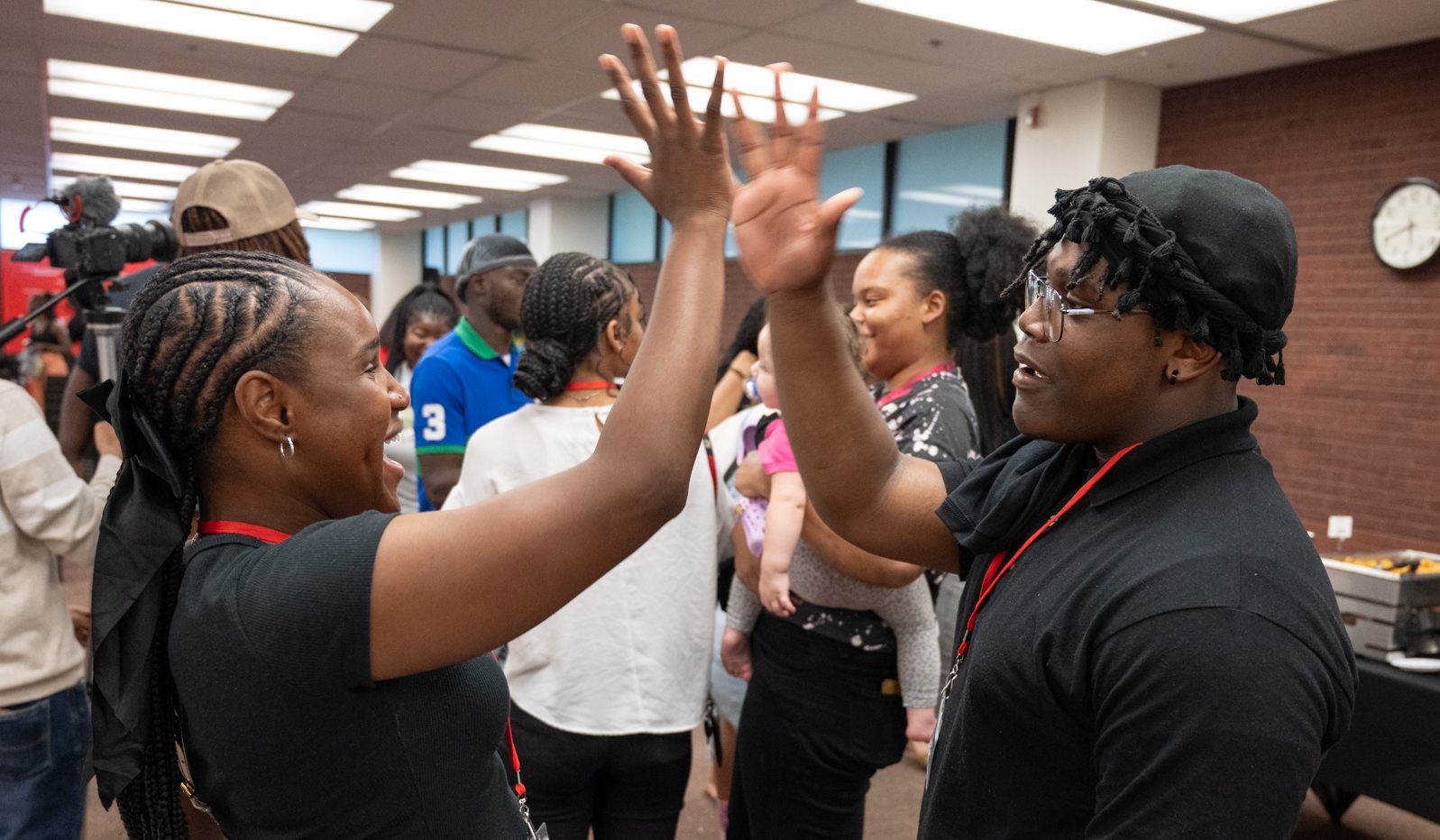In CODES research teams, the faculty facilitator and students collaboratively construct the schedule of materials for the course. Students will grow in their ability to do this work each semester, but the facilitator should help guide them by bringing in examples of works they might consider. Students will come up with materials based on the activities below, but you can also supplement their work with readings you require or readings you have them choose from a selection.
Because the transdisciplinary nature of the course is important to develop and return to in discussion, you might try to offer students two possible course materials for inclusion from each of several fields and have them choose between them (novels, films, poems, histories, social science or scientific articles). We can some funds to purchase some books, if it would be of use.
CODES Research Teams Collaborative Syllabus content should:
- Study the team’s problem using a transdisciplinary approach drawn from a variety of fields, including history, literature, anthropology, biology, and sociology, and computer science
- Engage the histories of race and culture that have defined the St. Louis region and develop approaches and content that take ongoing struggles for equity and diversity seriously
- Be driven by student curiosity with guiding support from faculty
- Help students negotiate the civic responsibilities they bear toward others in their local communities as well as online
The Necessary Knowledge Document Defined
Each research team will keep a necessary knowledge document. The Necessary Knowledge Document is a running tally is a more advanced version of a Know, Want to Know, Learn chart (KWL). You will want to create the document somewhere that allows for collaborative work and messy drafting, like Google Docs. Students in the Research Team will continue to revise and add to the Necessary Knowledge Document as the semesters’ progress.
CODE 120 (Framing a Problem)
In 120, students need to identify their focus and research it locally and globally. As you help them frame the problem, remember that it should fit under the umbrella theme, relate to the community organization’s needs, and be multifaceted enough to engage them for multiple semesters. They should start their Necessary Knowledge Document in Week 1 after their first meeting with their community partner. They may not have fully refined their focus until semester’s end, but they should have a loose idea of their area of interest. The Necessary Knowledge Document may include:
- A chart of the stakeholders involved in their issue
- A chart of direct and indirect drivers of the problem (see readings in Sustainable World)
- A series of questions drawn from their brainstorming work about which they would like to know more
Have students work in pairs to consider on a question. They should list any sub-questions and all of the ways they might answer their question (interviews, local websites, literary texts, documentaries, peer reviewed research). Have students conduct research in class, and add their citations and readings to the document. During the next class, work together to choose materials that you have found and students have found to construct a schedule of readings/viewings for the class. Remember to guide students into a materials list that includes multiple perspective and disciplines. Encourage them to consider what ideas or stakeholders maybe missing.
In Future Semesters…
Begin the semester by having students revisit their necessary knowledge document. Together, develop a list of what they know about the problem now that they’ve framed it. What gaps still exist in their knowledge? Revisit the chart of stakeholders and indirect/direct drivers. Write a new list of questions and have students again work in pairs to collect research and plan out a reading list.

